Pigeon Removal Services Glendale
Tailored Solutions: Customizing Pigeon Removal for Your Glendale Property
Pigeons can be a significant nuisance for property owners in Glendale, as they have a knack for causing damage to buildings and leaving unsightly droppings virtually everywhere. Dealing with a pigeon infestation on your Glendale property can be frustrating and overwhelming, but fear not! You don’t have to face this challenge alone. Southwest Avian Solutions, a trusted and experienced pest control company, is here to provide you with effective and humane pigeon removal services tailored to meet your specific needs.
When it comes to maintaining the integrity and cleanliness of your property, pigeon control is of utmost importance. Pigeon droppings are not just an eyesore; they are highly acidic and can lead to structural damage over time. Moreover, these droppings may carry harmful bacteria and parasites, posing potential health risks to you and your family. It’s crucial to take action promptly to safeguard your property and create a safe, pest-free environment in Glendale.
If you have pesky pigeons, you’re tired of dealing with them, and are ready to reclaim your Glendale property, take the first step towards a bird-free environment today! Contact Southwest Avian Solutions at (602) 942-6550 to schedule a pigeon removal service. Let our experts handle the birds while you enjoy a clean and bird-free property!
Why Pigeon Control Matters
Pigeons may seem harmless at first glance, but they can quickly become a serious headache for property owners in Glendale. Their ability to congregate in large numbers and their constant roosting habits can lead to significant problems. Their droppings, in particular, are not only unsightly but also highly acidic, which poses a threat to the structural integrity of roofs, balconies, and other exposed surfaces over time. The corrosive nature of pigeon droppings can accelerate the wear and tear of building materials, resulting in costly repairs and maintenance expenses.
Beyond the physical damage they cause, pigeon droppings also bring about potential health hazards to residents and visitors to your property. These droppings can carry harmful bacteria, viruses, and parasites, putting individuals at risk of contracting diseases upon exposure. Moreover, the presence of pigeon droppings can attract other pests like flies and mites, exacerbating the overall pest problem on your property. This creates an unsanitary environment, jeopardizing the well-being of those living or working in the affected area.
Controlling pigeon populations is, therefore, an essential responsibility for property owners in Glendale. By taking proactive measures to address pigeon infestations, you not only protect the aesthetics and structural integrity of your property but also safeguard the health and safety of everyone in and around the vicinity. Swift action is key to preventing the pigeon population from escalating and avoiding further complications down the road.
The Southwest Avian Solutions Difference – Glendale
Expertise in Humane Pigeon Removal
At Southwest Avian Solutions, we believe in using humane methods for pigeon removal in Glendale. Our team of experts is trained to handle pigeon infestations with care and compassion. We focus on using non-lethal techniques, ensuring that the pigeons are relocated to a more suitable environment without causing harm.
Customized Solutions for Every Glendale Property
No two properties in Glendale are the same, which is why we offer customized pigeon removal solutions tailored to the unique needs of each customer. Our team conducts thorough assessments of the property to determine the extent of the infestation and then devises a comprehensive plan to address the issue effectively.
Long-Term Prevention Strategies
Merely removing pigeons is not enough; preventing their return is equally important in Glendale. Southwest Avian Solutions excels in implementing long-term prevention strategies that discourage pigeons from reinfesting the property. From installing barriers and deterrents to sealing entry points, we ensure a lasting pigeon-free environment.
Experienced and Licensed Professionals
When dealing with pest control in Glendale, experience matters. Southwest Avian Solutions boasts a team of experienced professionals with the necessary licenses and certifications. Our experts stay up-to-date with the latest industry trends and techniques, guaranteeing efficient and reliable pigeon removal services.
The Southwest Avian Solutions Pigeon Removal Process in Glendale
Step 1: Inspection
The first step in our pigeon removal process for Glendale properties is a thorough inspection of your property. Our team will identify areas where pigeons are roosting, nesting, and gaining entry. Understanding the extent of the infestation allows us to create an effective removal and prevention plan.
Step 2: Pigeon Removal
Using our humane techniques, we safely remove pigeons from your Glendale property. This step ensures that the pigeons are relocated to a more suitable environment without causing harm to the birds.
Step 3: Sanitation and Cleaning
Pigeon droppings can leave behind harmful bacteria and parasites. As part of our service in Glendale, we perform thorough cleaning and sanitation to eliminate any potential health hazards on your property.
Step 4: Prevention and Exclusion
To prevent pigeons from returning to your Glendale property, we implement various prevention strategies. This includes installing deterrents, sealing entry points, and making your property less attractive to pigeons.
Glendale Pigeon Removal Services
Don’t let pigeons wreak havoc on your Glendale property any longer. Southwest Avian Solutions is your go-to partner for effective and humane pigeon removal services. With their expertise, customized solutions, and long-term prevention strategies, you can enjoy a pigeon-free environment and safeguard your property from potential damage. Choose Southwest Avian Solutions today and bid farewell to your pigeon problems for good!
For more information or to schedule a pigeon removal service in Glendale, contact Southwest Avian Solutions at (602) 942-6550. Let our experts handle the birds while you enjoy a clean and bird-free property!

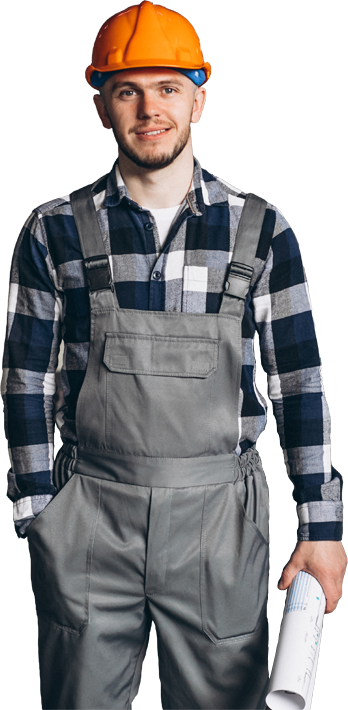
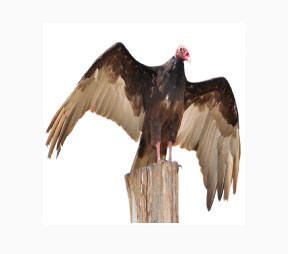 The Turkey Vulture does not win any beauty contests. The birds’ shape and head look similar to a turkey, with a red head and dark body feathers.
The Turkey Vulture does not win any beauty contests. The birds’ shape and head look similar to a turkey, with a red head and dark body feathers.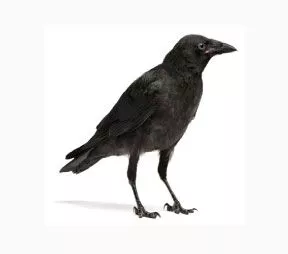
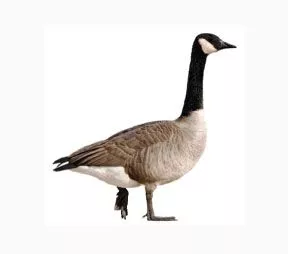 By definition, Canadian Geese are not classified as pest birds and are afforded protection by federal and state agencies. Nonetheless, Canadian Geese are increasingly becoming the scourge of suburbia as their numbers have grown in the past decade from only a few thousand to hundreds of thousands of these birds.
By definition, Canadian Geese are not classified as pest birds and are afforded protection by federal and state agencies. Nonetheless, Canadian Geese are increasingly becoming the scourge of suburbia as their numbers have grown in the past decade from only a few thousand to hundreds of thousands of these birds.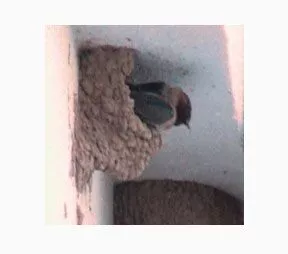 These sleek little birds are well known for their long migration and nesting habits. Cliff and Barn Swallows spend their winters in South America and summers in North America. They arrive around March in the southern part of the country, reaching the northern states in April. Swallows are very territorial and will always come back to the same nesting site. Swallows have made a very successful switch from cliffs and caves to man made structures for placement of their mud pellet nests.
These sleek little birds are well known for their long migration and nesting habits. Cliff and Barn Swallows spend their winters in South America and summers in North America. They arrive around March in the southern part of the country, reaching the northern states in April. Swallows are very territorial and will always come back to the same nesting site. Swallows have made a very successful switch from cliffs and caves to man made structures for placement of their mud pellet nests.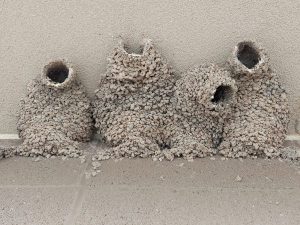 from the bird colony along with collecting on the ground. Homeowners have also reported problems with parasites entering the house through building cracks next to the nests which poses a potential health risk to humans and animals.
from the bird colony along with collecting on the ground. Homeowners have also reported problems with parasites entering the house through building cracks next to the nests which poses a potential health risk to humans and animals.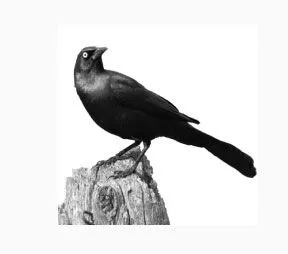 Grackles are boisterous, abundant members of the Troupial Family. The common grackle has a green,blue, or purple iridescent tinted black plumage with a glossy purplish head, neck, and breast with the female of the species, slightly smaller and duller colored.
Grackles are boisterous, abundant members of the Troupial Family. The common grackle has a green,blue, or purple iridescent tinted black plumage with a glossy purplish head, neck, and breast with the female of the species, slightly smaller and duller colored.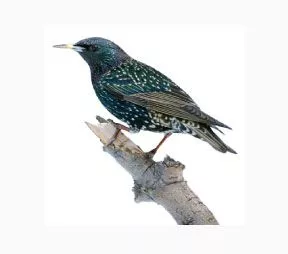 Like the House Sparrow, the Starling was introduced from Europe in the 19th century. However, it did not spread as fast and only reached the western coast within the last few decades.
Like the House Sparrow, the Starling was introduced from Europe in the 19th century. However, it did not spread as fast and only reached the western coast within the last few decades.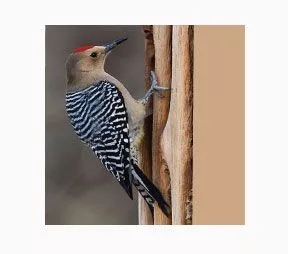 Woodpeckers primarily feed on wood-boring insects using their strong beak and long tongue to dislodge food. Some members of the Woodpecker Family (Flickers) feed on insects of the ground, while others prefer native berries, fruits, and nuts.
Woodpeckers primarily feed on wood-boring insects using their strong beak and long tongue to dislodge food. Some members of the Woodpecker Family (Flickers) feed on insects of the ground, while others prefer native berries, fruits, and nuts.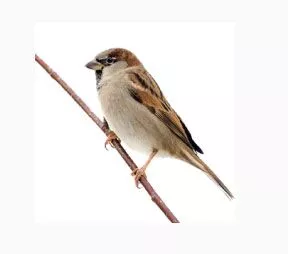 The House Sparrow is the number two urban pest bird. Introduced as a species to North America, the house sparrow quickly spread across the country due to its lack of natural enemies and its adaptive traits. Its ability to nest in urban structures, eat urban scraps, and a large breeding capacity are some of these adaptive traits.
The House Sparrow is the number two urban pest bird. Introduced as a species to North America, the house sparrow quickly spread across the country due to its lack of natural enemies and its adaptive traits. Its ability to nest in urban structures, eat urban scraps, and a large breeding capacity are some of these adaptive traits.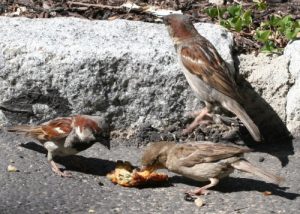 eaves of houses.
eaves of houses.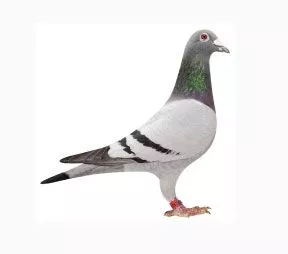 Feral Pigeons (Columbia Livia) are the number one urban pest bird, causing damage where ever they nest or roost. Pigeons are descendants of domesticated European Homing Pigeons or Rock Doves, so they have a varied diet and feel at ease making their homes in man-made structures, they also lay 2 – 3 eggs every 3 or 4 months all year long in Arizona.
Feral Pigeons (Columbia Livia) are the number one urban pest bird, causing damage where ever they nest or roost. Pigeons are descendants of domesticated European Homing Pigeons or Rock Doves, so they have a varied diet and feel at ease making their homes in man-made structures, they also lay 2 – 3 eggs every 3 or 4 months all year long in Arizona.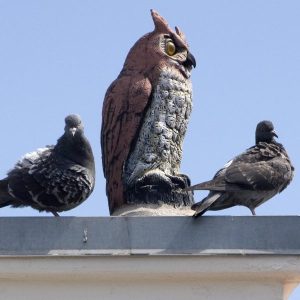 units, roof line overhangs, solar panels or even wide window sills.
units, roof line overhangs, solar panels or even wide window sills.